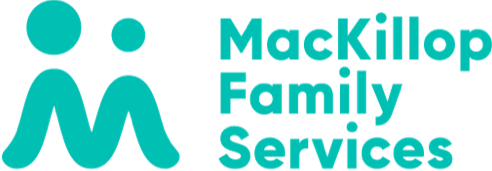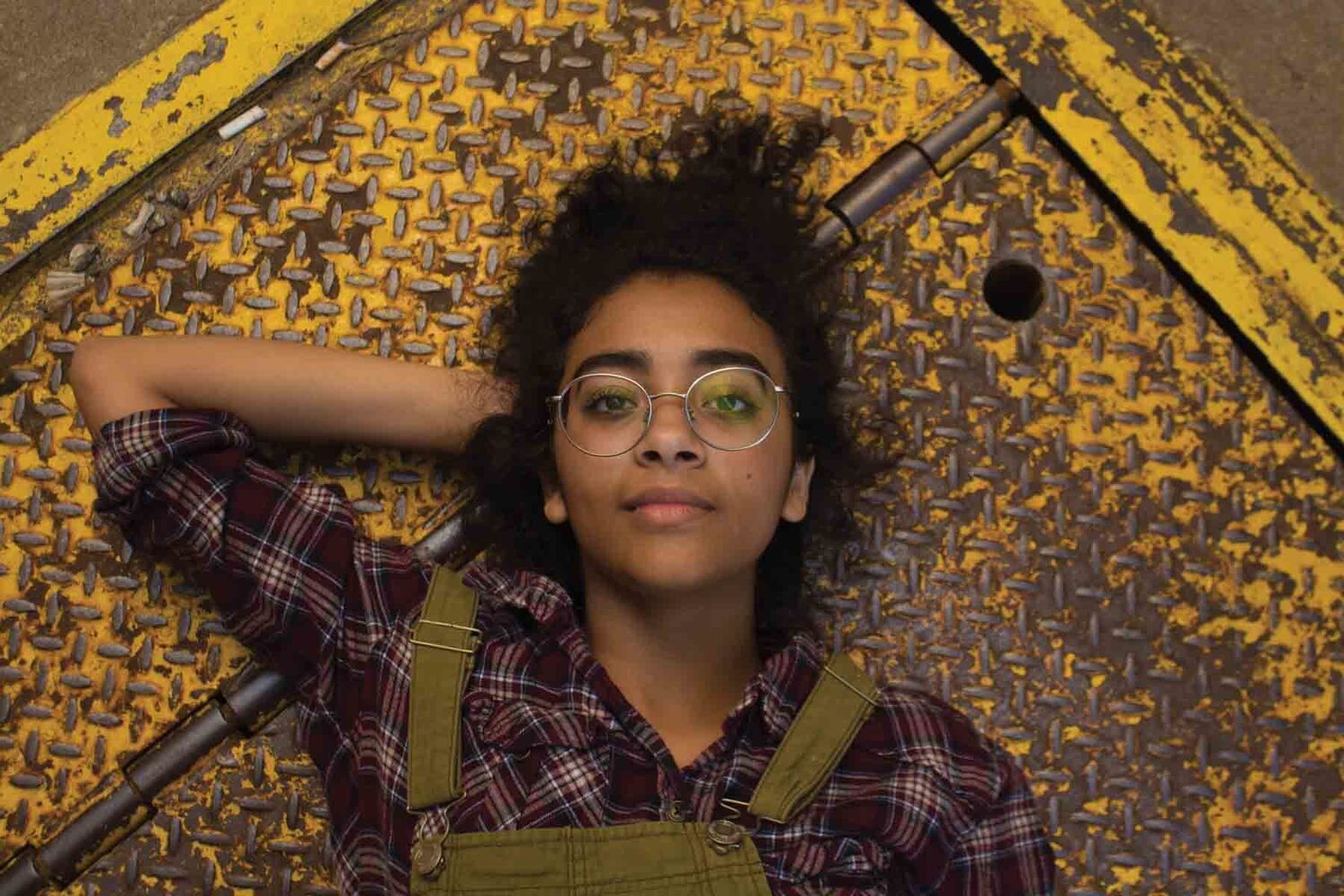Are you interested in becoming a foster carer? We’ll be with you every step of the way.
Foster caring has not been ‘a sacrifice’ as many suggested it would be. It’s been a gift that goes both ways.

Becoming a foster carer is both life-changing and rewarding. You can transform a young person’s life by opening your heart and your home to them. Whilst at times it can be challenging, our training and assessment equip you for these challenges, and you will always have the support of a dedicated MacKillop staff member.
Our training, assessment and accreditation process takes between 3-6 months, and is based on a therapeutic care model, so you can provide the best support for a child or young person entering your care. This is critically important, given our commitment to child safety.
Step 1: Get in touch!
The very first step is to get in touch with us. You can do this by completing our short enquiry form or call us on 1300 791 677 to discuss what's involved.
Step 2: Chat over the phone
During our first conversation, we explain the foster care system. It’s your first opportunity to ask us anything about foster care, including the process to become a carer and what to expect when fostering children. If you decide to proceed following this conversation, we’ll arrange a time to come to your house to talk in person. We’ll also email you a Welcome to Foster Care information pack, which explains foster care in more detail.
Step 3: Home visit
Someone from our team will visit you in your home. This is another opportunity to ask us about foster care, particularly about anything from the Welcome to Foster Care information pack. It’s also our chance to get to know you a bit better, and learn about your motivations for wanting to be a foster carer. If you’re keen to move to the next step and we think you are ready, we go through the mandatory application forms (such as Police and Working With Children Checks) and invite you to training.
Step 4: Attend training
Our qualified workers facilitate the ‘Shared Stories, Shared Lives’ foster care training, which is the statewide framework in Victoria and New South Wales. In Western Australia, the Department of Communities, Child Protection and Family Support runs Foster Care Preparation Training.
The training modules provide up-to-date information about fostering children and child safety. You will also receive a comprehensive range of resources, to support you throughout your foster care journey. We run training regularly.
Step 5: Participate in interviews
Once you’ve finished the training, we meet with you approximately four times for assessment interviews. We’ll discuss your life, how MacKillop can best support you as a foster carer, how you would respond in certain situations and the types of foster care you are most interested in.
Step 6: Become a foster carer
After completing the training and interview process, a panel of MacKillop staff and external stakeholders/partners may accredit you as a foster carer. Once you are accredited, we match you with a child and you’ll receive ongoing case work support.
Take the first step to becoming a foster carer today.
Frequently asked questions about foster care
Do I need to have a spare bedroom?
Yes. It’s important that children coming into a foster carer’s home have their own space. We require carers to have one spare bedroom that has a window and door. The only exception to this is when caring for babies under the age of 18 months.
Can I apply to foster babies but not older children?
Yes, however there needs to be a full time carer at home with the baby. This is important because babies have already experienced the trauma of separation from their family, so placing them in childcare is not in their best interest.
I’m only interested in adoption or permanent care. Is this an option?
This depends on whether you’re located in Victoria, NSW or WA as the legislation varies between states.
In Victoria, foster care is geared towards reuniting children with their birth families. If you’re interested in adoption or permanent care in Victoria you’re best to contact Fostering Connections on 1800 013 088 to ask about agencies which provide permanent care options.
Foster care in WA operates very similar to how it does in Victoria. If you’re interested in adoption or permanent care, please contact the Department of Child Protection (DCP) on 1800 182 178. There are options for permanent care or guardianship in NSW with MacKillop. Please enquire online or call us on 1300 791 677 to find out more.
What training do I have to do?
If you have a partner, both of you will need to complete training with MacKillop. This involves two full days of classroom hours.
What happens after training?
Training is followed by an assessment period where MacKillop staff come to your home to discuss a series of topics to determine if you are suitable to provide care to vulnerable children and young people. The assessment phase usually entails 3-5 interviews in your home.
I’m interested in foster care but I’m single and work full time?
Whether you’re in a relationship or single is not important. Whether you can provide a safe and loving home is the most important thing. Working full time is not a barrier to becoming a foster carer, however some flexibility with your work is required.
I am a member of the LGBTIQA+ community. Can I be a foster carer?
Yes. We welcome lesbian, gay, bisexual, trans, gender diverse and intersex people at our services. Children in care may also identify as LGBTIQA+ and require carers who are understanding, accepting and nurturing of their identity.


